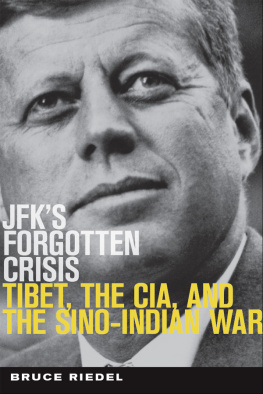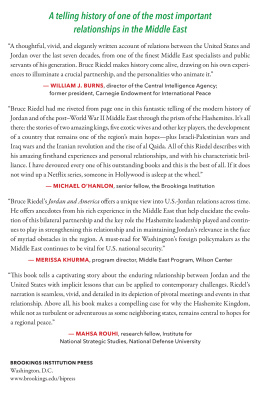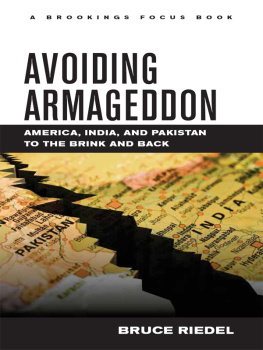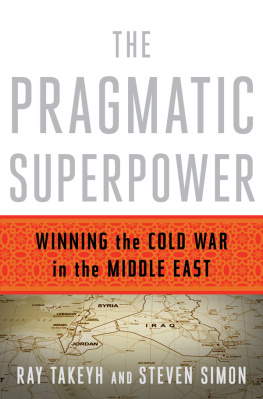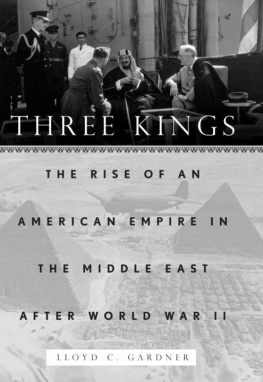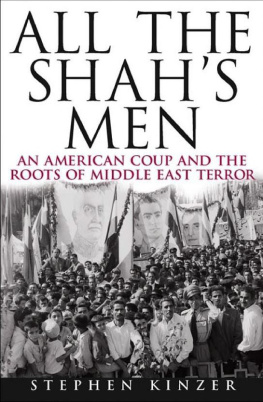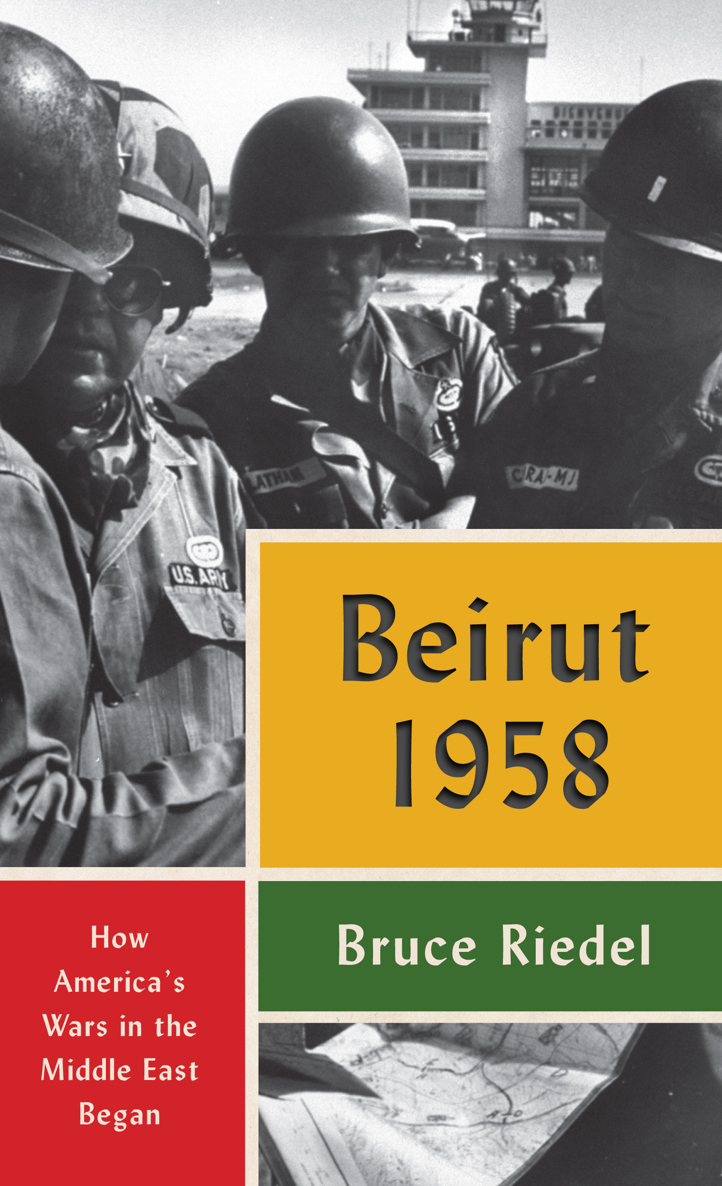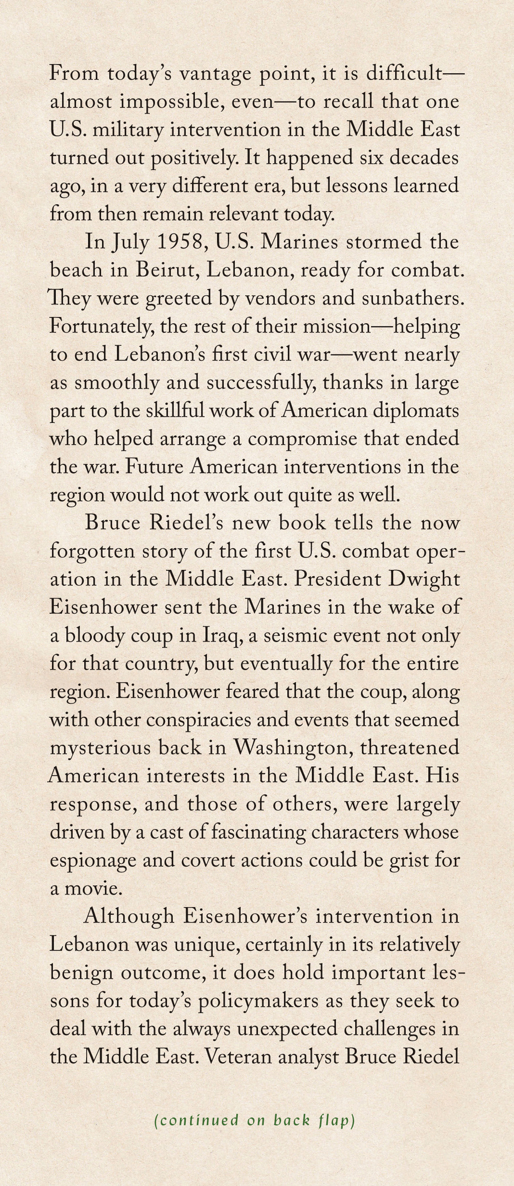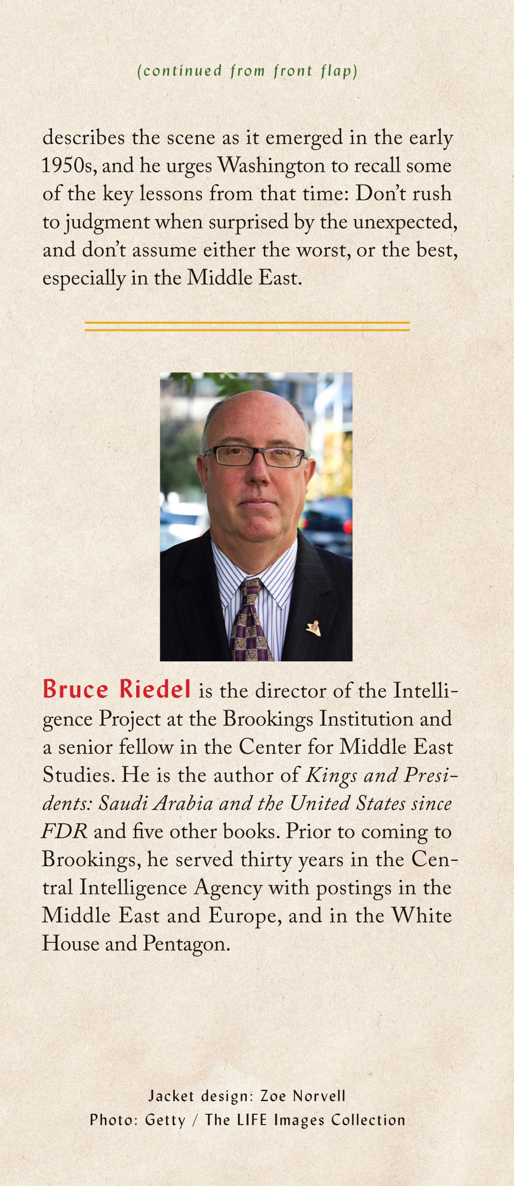Bruce Riedel - Beirut 1958: How Americas Wars in the Middle East Began
Here you can read online Bruce Riedel - Beirut 1958: How Americas Wars in the Middle East Began full text of the book (entire story) in english for free. Download pdf and epub, get meaning, cover and reviews about this ebook. year: 2019, publisher: Brookings Institution Press, genre: Politics. Description of the work, (preface) as well as reviews are available. Best literature library LitArk.com created for fans of good reading and offers a wide selection of genres:
Romance novel
Science fiction
Adventure
Detective
Science
History
Home and family
Prose
Art
Politics
Computer
Non-fiction
Religion
Business
Children
Humor
Choose a favorite category and find really read worthwhile books. Enjoy immersion in the world of imagination, feel the emotions of the characters or learn something new for yourself, make an fascinating discovery.

- Book:Beirut 1958: How Americas Wars in the Middle East Began
- Author:
- Publisher:Brookings Institution Press
- Genre:
- Year:2019
- Rating:3 / 5
- Favourites:Add to favourites
- Your mark:
Beirut 1958: How Americas Wars in the Middle East Began: summary, description and annotation
We offer to read an annotation, description, summary or preface (depends on what the author of the book "Beirut 1958: How Americas Wars in the Middle East Began" wrote himself). If you haven't found the necessary information about the book — write in the comments, we will try to find it.
In July 1958, U.S. Marines stormed the beach in Beirut, Lebanon, ready for combat. They were greeted by vendors and sunbathers. Fortunately, the rest of their missionhelping to end Lebanons first civil warwent nearly as smoothly and successfully, thanks in large part to the skillful work of American diplomats who helped arrange a compromise solution. Future American interventions in the region would not work out quite as well.
Bruce Riedels new book tells the now-forgotten story (forgotten, that is, in the United States) of the first U.S. combat operation in the Middle East. President Eisenhower sent the Marines in the wake of a bloody coup in Iraq, a seismic event that altered politics not only of that country but eventually of the entire region. Eisenhower feared that the coup, along with other conspiracies and events that seemed mysterious back in Washington, threatened American interests in the Middle East. His action, and those of others, were driven in large part by a cast of fascinating characters whose espionage and covert actions could be grist for a movie.
Although Eisenhowers intervention in Lebanon was unique, certainly in its relatively benign outcome, it does hold important lessons for todays policymakers as they seek to deal with the always unexpected challenges in the Middle East. Veteran analyst Bruce Reidel describes the scene as it emerged six decades ago, and he suggests that some of the lessons learned then are still valid today. A key lesson? Not to rush to judgment when surprised by the unexpected. And dont assume the worst.
Reviews
Bruce Riedels book is a gripping and colorful account of the first U.S. combat operation in the Middle East. Its packed with narrative detail, including events Riedel witnessed himself as the young son of a United Nations worker in Lebanon. This brief but potent work from a seasoned expertwho has since witnessed a lifetime of events in the Middle Eastoffers wisdom from the Marines fateful 1958 landing in Lebanon that is still relevant in a region that continues to confound U.S. policymakers.Jane Harman, director, president, and CEO, Wilson Center; former member of Congress
In 1958, America opened the Pandoras box of war in the Middle East, writes Bruce Riedel in this brilliant and original work. The events of that yeara history he recounts, informed by his own experiences as a child growing up in the regionhave been largely forgotten. They should not be, as the analysis Riedel provides about past and present makes clear.Steve Coll, dean, Graduate School of Journalism, Columbia University, and author of Ghost Wars and Directorate S
Bruce Riedel combines real-world policy experience and a profound understanding of the Middle East to weave a fascinating, complex tapestry of Cold War-era coups and conspiracies, culminating in President Eisenhowers unprecedented decision to deploy U.S. Marines to Beirut in 1958. With the action shifting swiftly among Arab capitals and Washington, this nonfiction thriller provides a cautionary note for today: how seeing the world through a zero-sum prism (Washington-Moscow then, perhaps Washington-Tehran today) can lead to distorted analysis and high strategic costs.Jeffrey Feltman, former U.S. ambassador to Lebanon and former UN under-secretary-general for political affairs
About the Author
Bruce Riedel is the Director of the Intelligence Project at the Brookings Institution and a Senior Fellow in the Center for Middle East Studies. He is the author of Kings and Presidents: Saudi Arabia and the United States since FDR and five other books. Prior to coming to Brookings, he served thirty years in the Central Intelligence Agency with postings in the Middle East and Europe, and in the White House and Pentagon.
Publisher: Brookings Institution Press (October 29, 2019)
Bruce Riedel: author's other books
Who wrote Beirut 1958: How Americas Wars in the Middle East Began? Find out the surname, the name of the author of the book and a list of all author's works by series.

